Most of us experienced mortgages for the first time when playing Monopoly. If you didn’t know what they were then and are still unsure about them now, we’ve got you covered!
If you’ve ever thought about buying a house you’ll have heard the term ‘mortgage’.
Basically a mortgage is a loan. But unlike personal loans, it’s specifically tied to a piece of property which acts as security against the loan. This means if you stop paying, then your mortgage provider has the right to take back (repossess) the property.
How long will I be paying back my mortgage?
Typically, mortgages are for a set period. This is usually 25 years (but shorter or longer terms are also possible). Once you’ve borrowed the money, you’ll have a repayment plan over the length of the term. Although there are different types of mortgage, the most common is that you have a monthly repayment plan.
How much will I pay?
As well as paying back the original money you borrowed, you’ll also be charged interest on the amount you’ve borrowed. Interest is the amount you pay to borrow money. Think of it as a fee that you pay to be able to borrow that money. So you’re paying back the money you borrowed, plus the borrowing fee.
Lenders also expect you to put a sum of money towards the purchase price of the property in the form of a deposit. Lenders require this as a form of assurance against the loan they’re giving you. Because they’re also taking a risk when lending money, they want to be sure borrowers are responsible and can make the payments. The deposit amount is typically worked out in relation to the house price.
The greater the percentage of the house price you can provide as a deposit, the better the mortgage deal you’ll be able to get. You should aim for a deposit of at least 10% (although it’s possible in some cases to get a 95% mortgage). The most competitive interest rates are offered where there is a deposit of 40%.
What is LTV?
The amount of your home that is secured against a mortgage, compared to the amount you own is referred to by lenders as “Loan to Value”, or simply “LTV”. For example, if you buy a home for £100,000, and put down a 10% deposit (£10,000), then your LTV will be 90%.
